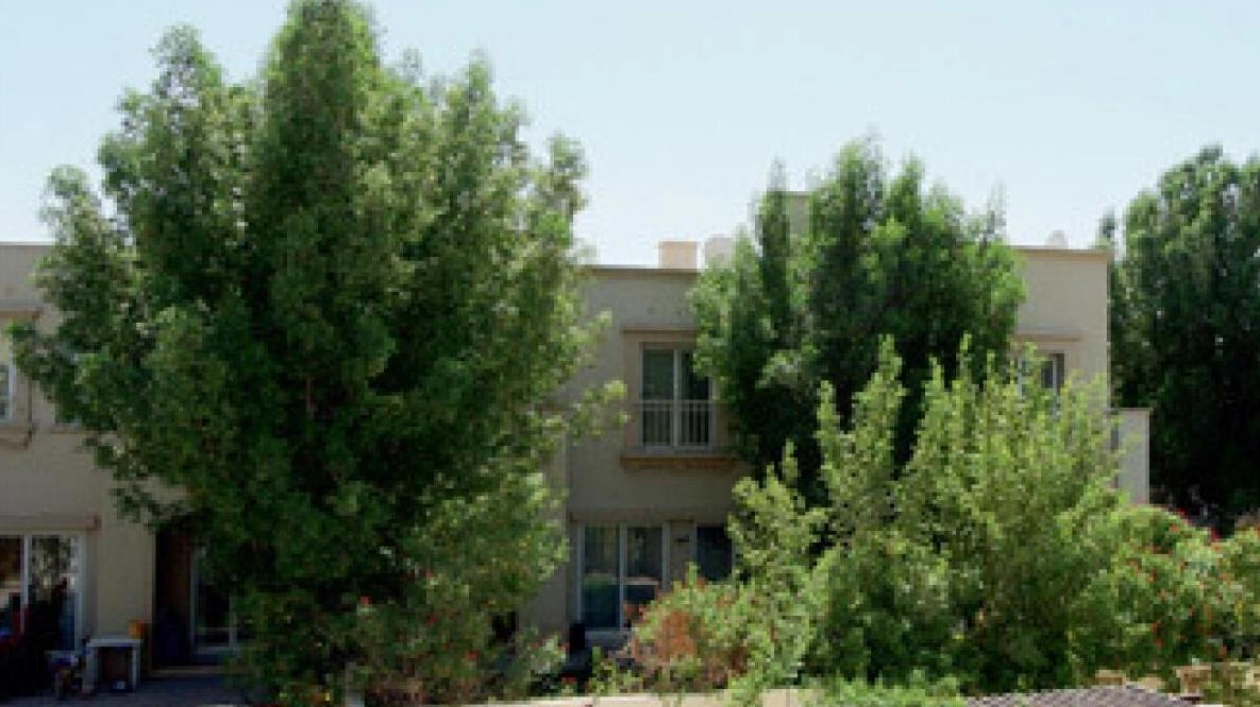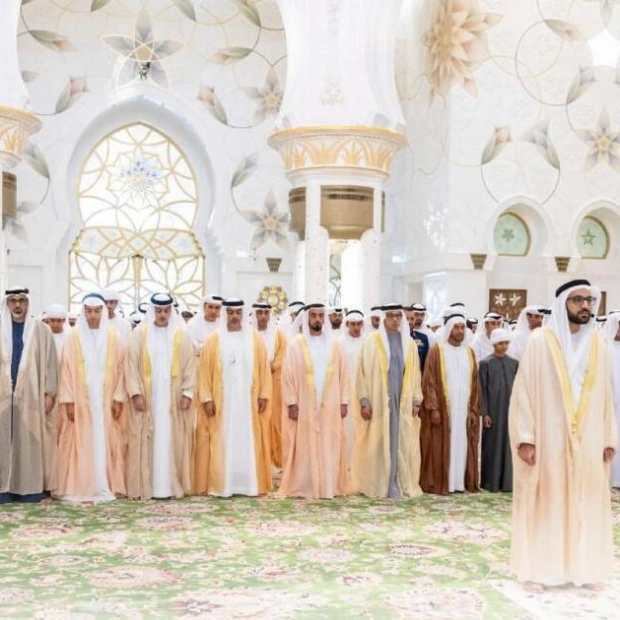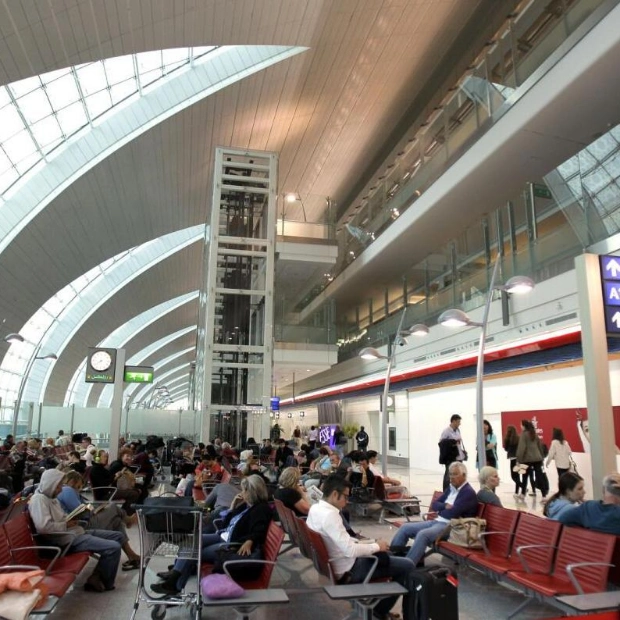The Damas tree, a popular choice for residential gardens in Dubai, is renowned for its rapid growth, lush green foliage, and generous shade. It is highly tolerant to salt and drought, thriving in hot climates and making it a favorite among homeowners. However, residents must be mindful of the potential issues that Damas (Conocarpus) trees can pose.
According to Dubai Municipality, the roots of these trees can infiltrate water and sewage systems, leading to damage and deformities that obstruct water flow. While the Damas tree enhances garden aesthetics, it's crucial to consider its impact on building foundations and infrastructure. Not only do they pose a risk to infrastructure, but they can also inflate utility bills. Their roots can penetrate deep into the ground, causing significant damage to drains and pipelines, resulting in a substantial increase in water consumption.
Additionally, the flowers of the Damas tree can negatively affect the aroma and taste of natural honey. Beekeepers note that the nectar from Damas trees often mixes with that from other local flowers, adversely affecting the quality and taste of the honey produced. Furthermore, these trees can disrupt electrical and communication services, and their removal, once they grow large, can incur significant maintenance costs.
In 2018, thousands of these trees were uprooted in Ras Al Khaimah and Umm Al Quwain. In 2020, the Environment Protection and Development Authority in Ras Al Khaimah prohibited the sale of Damas seedlings. Over the years, the Dubai Municipality has also received numerous complaints about the trees causing issues in various neighborhoods.
Authorities are raising awareness, advising residents against planting these trees, and encouraging them to choose eco-friendly alternatives. Residents are recommended to consider planting alternative local trees, such as mangroves and Sidr or the Acacia, as substitutes for the Damas tree. Native to the coastal and riverine areas of Somalia, Djibouti, and Yemen, the Damas tree is also found throughout the Horn of Africa and South Asia.
Source link: https://www.khaleejtimes.com






